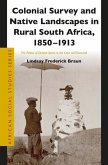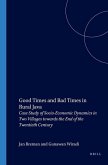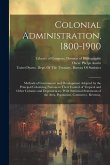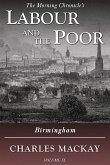Land reforms are usually associated with political regimes trying to restructure rural society in accordance with principles of equality and justice. In striking contrast the colonial land reform discussed in this book led to the introduction of a land floor below which small owners lost their property rights. Thus the regional authorities dealt very firmly with the agrarian crisis which became manifest in Cirebon residency in West Java at the beginning of the 20th century. The study explores the historical background of these developments, highlighting the role of agribusiness in the underdevelopment of the peasant economy. Underlying the new, rather drastic policy was the colonial government's attempt to encourage social differentiation at the village level in order to pave the way for capitalistic agricultural development. Caught between the dominant interests of the large-scale sugar estates in the area and the ideals of the protagonists of a doctrine of more populist inspiration, the land reform was bound to fall short of the stated objective: the development of a viable peasantry which would become the economic and political backbone of a stable colonial order. The final part of the book, in which the analysis shifts from the regional to the national level, discusses rural stratification and rural policies in post-colonial Indonesia.
Hinweis: Dieser Artikel kann nur an eine deutsche Lieferadresse ausgeliefert werden.
Hinweis: Dieser Artikel kann nur an eine deutsche Lieferadresse ausgeliefert werden.








